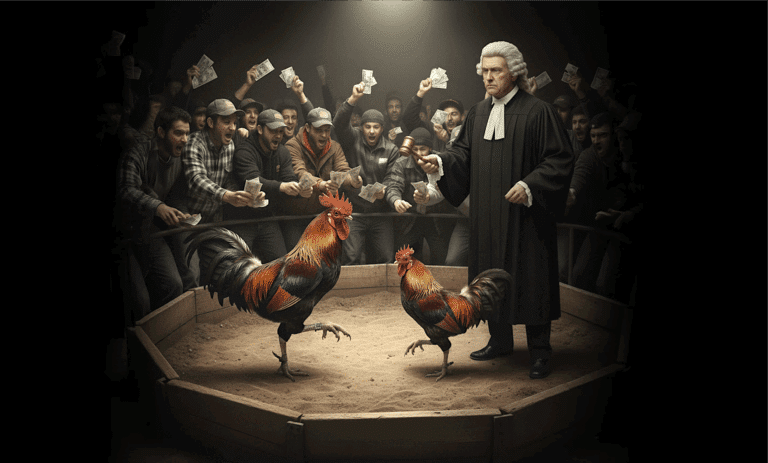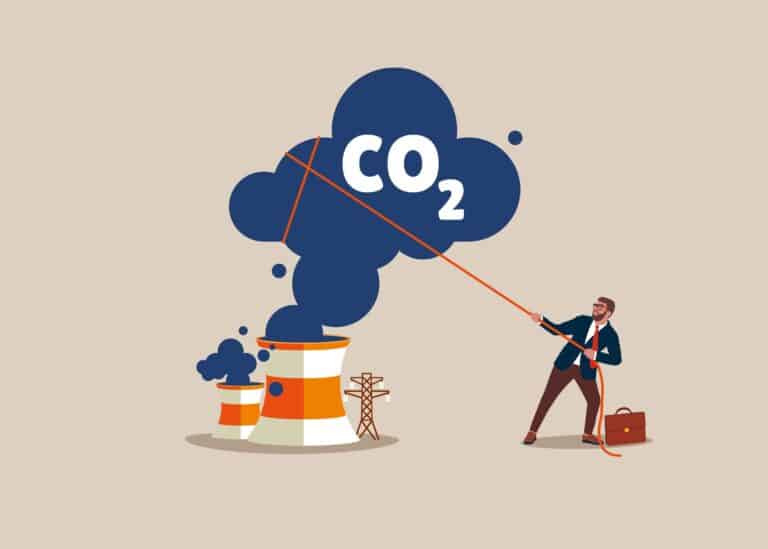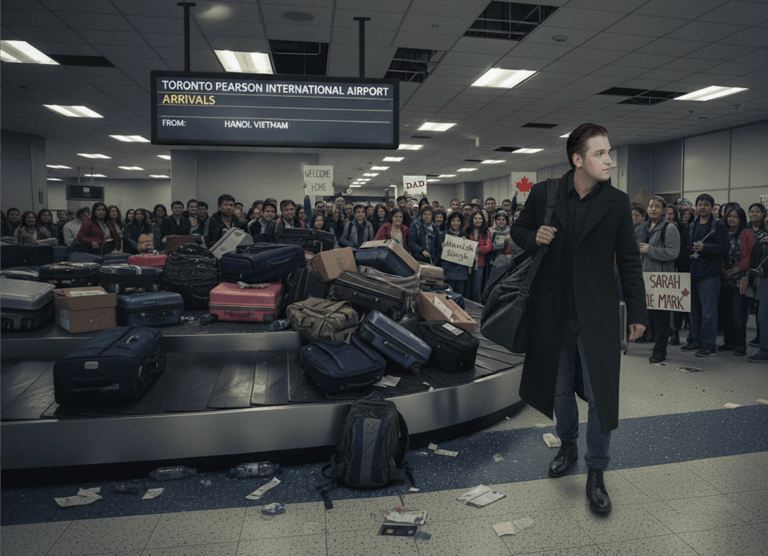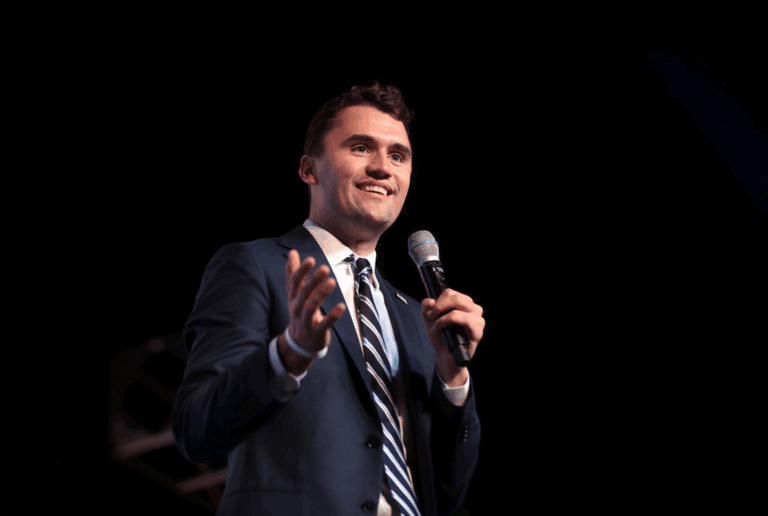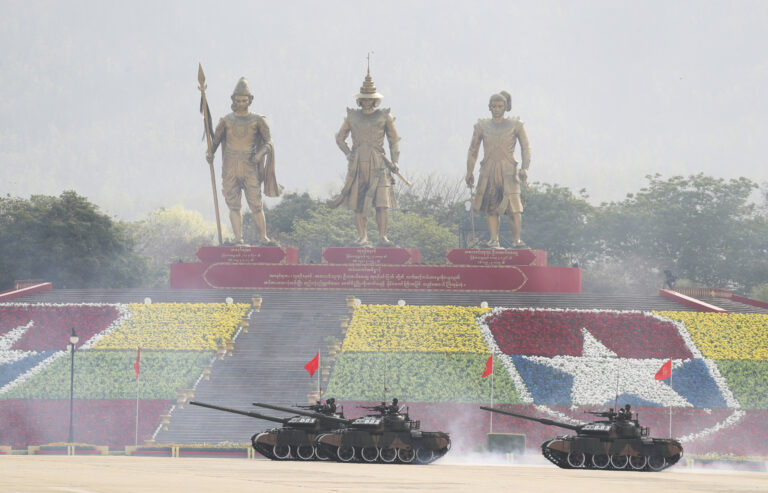The celebrated American novelist Marilynne Robinson recently published a book of essays entitled When I Was a Child, I Read Books. It is a good read. As the title suggests, the author recounts the centrality of books in forming not only her literary sensibilities, but her broader appreciation of life’s mysteries.
As a child, I read books too. But I read the books of scientists, diligently taking heed of their prognostications. I thought it was the duty of responsible citizens to listen carefully to the analyses offered by scientists, those possessed of the expertise and specialist knowledge required to save the planet.
I soon discovered that the experts in any field rarely agree. We are first told to avoid eating eggs; then we are informed that eating eggs is essential to our health, both positions arising from seemingly unimpeachable research. Scientific expertise, I was disappointed to learn, isn’t all that it is cracked up to be. Where I wanted certainty and truth, science would provide answers in 50 shades of grey.
Nonetheless, like some cognitively challenged lab rat, I persevered in the belief that somewhere there was a cohort of scientists who really knew the truth and weren’t afraid to state it, unlike the equivocating kind that it was my unhappy lot to encounter.
Given my enduring if naive faith in science, I bought into various scientifically predicted doomsday scenarios. I was a sucker for pedantic empiricists, for what I now think of as the “Jesus-is-coming-so-sing-you-sinners-sing” school of science.
For example, I believed Dr. Paul Ehrlich. His 1969 book The Population Bomb demonstrated beyond any reasonable doubt that the human species was reproducing faster than our ability to feed ourselves. He confidently predicted that by 1980 the world would be facing mass starvation unless we took radical steps to curtail the population. The book painted a bleak either/or scenario: either stop having babies, or face our doom. It was a convincing and seemingly sound scientific thesis. I was justifiably worried. But the mass starvations and food riots of the 1980’s failed to materialize. Both Ehrlich and I survived.
Immediately on the heels of Ehrlich’s Neo-Malthusian scare came global cooling. According to the experts, the world was cooling at an alarming rate because of human activities. Popular media, including Time, Newsweek, and National Geographic, did stories on the topic. We were bringing on a new ice age, and we were all going to freeze to death. Unless, that is, the government consulted the scientific experts and took immediate action. We all know how that story ended. (Although, strange to say, global cooling is now making something of a comeback; it’s hard to keep a good theory down.)
In December of 1999, I remember watching on TV a finger-wagging professor from MIT. With the certainty of a preacher at a tent revival, he informed us that the Millennium Bug was about to unleash on the world a catastrophe of Biblical proportions. Only dullards and the scientifically illiterate could fail to see this. Fortunately, he had the solution. The one thing that could save us was, oddly enough, the sort of expertise that he himself possessed.
The end is ever nigh
I worried about and lived through other memorable, scientifically authenticated apocalypses, including the listeria scare, the avian flu, and the swine flu (which, we were promised, was to be “the greatest pandemic ever”). It appears that we humans like our doomsday scenarios. Whether it’s the population bomb, the Y2K bug, or global cooling (or should I say climate change?), the end, it appears, is always nigh. It’s later than you think. Repent at the altar of science, and sing you sinners, sing.
What is rarely commented on in such doomsday scenarios is what the Greeks called “hubris”, that is, the arrogant and excessive pride that goeth before a fall. Such arrogance too frequently accompanies scientific claims. Scientific hubris rests on two organizing principles.
First, doomsday scientists trade in what Bertrand Russell referred to as “cosmic impiety”, the assumption that we humans are the greatest force in the known universe. For example, while the climate change scenario focuses on anthropogenic changes to the climate, it is salutary to bear in mind that a few years ago the eruption of a single Icelandic volcano – what a friend defined as a geologic, after-dinner burp – shut down air traffic in Europe for a week. Nature doubtless has other surprises in store.
Secondly, scientific hubris rests on the idea that the science surrounding a given topic is settled, that there is a consensus among scientists. The consensus, so it is claimed, points to a clear course of action, one which invariably requires massive government intervention orchestrated by scientific experts who will direct the behavior of the great unwashed and save the day.
I’ve grown weary of scientifically predicted Armageddon. I’ve been gamed too often. And I find maddening the strident and categorical tones in which reputed experts couch their prophecies. They should know better. Science, by its nature, is never settled. It is defeasible, which is to say contentious and open to revision. Experts can and do hold mutually incompatible positions, whether in nutrition, psychology or particle physics. Consensus may be a useful term in politics, but as Galileo famously put it, “In matters of science, the authority of a thousand is not worth the humble reasoning of a single individual.”
Scientific claims need to be tempered with Socratic humility. Socrates was told by the Delphic Oracle that he was the wisest man in Athens. This puzzled Socrates. By his own admission, he didn’t know very much. But after polling all of the experts, all of whom made spurious claims to knowledge, Socrates concluded that he was the wisest man in Athens because he, alone of all Athenians, was aware of his own ignorance.
Like all of us, scientists need to learn from Socrates. They need to temper their prophecies with the appropriate humility, respect and open-mindedness to those who hold opposing views. This is a simple and uncomplicated requirement for honest and open enquiry into any matter, scientific or otherwise. It is unfortunate that it so often gets swept aside in the rush to save the planet.

